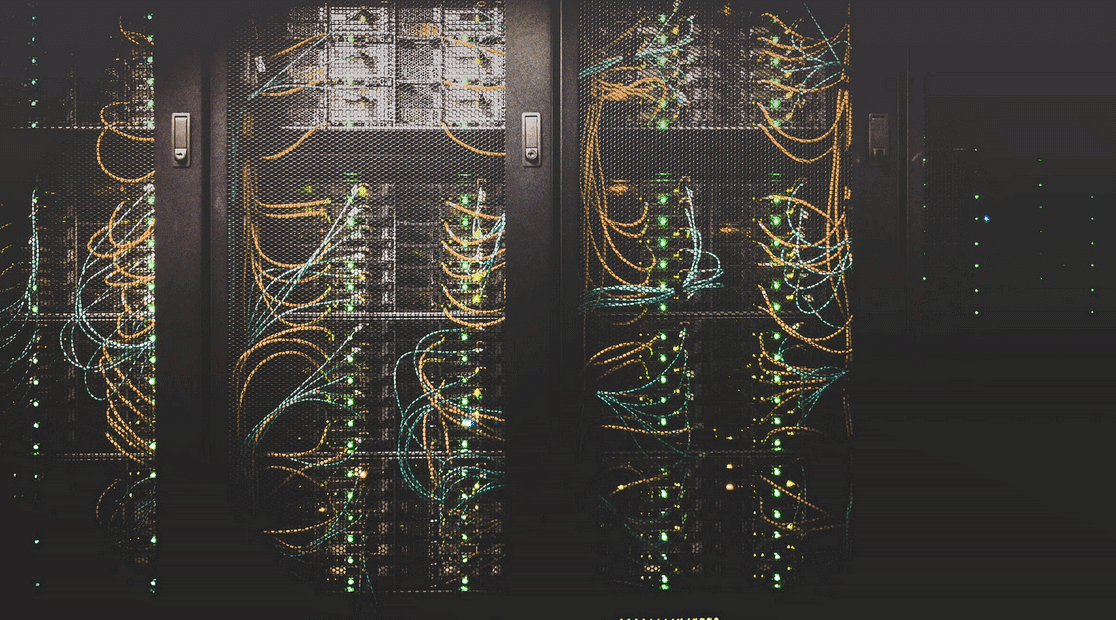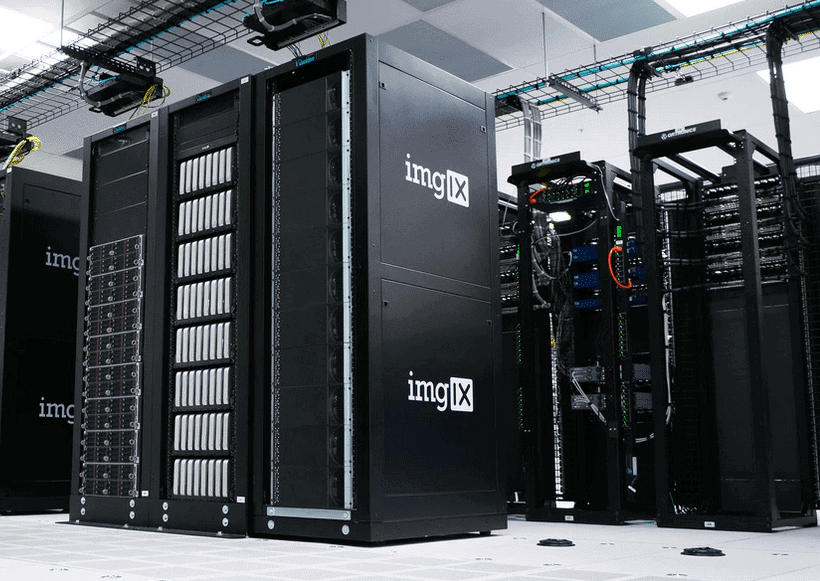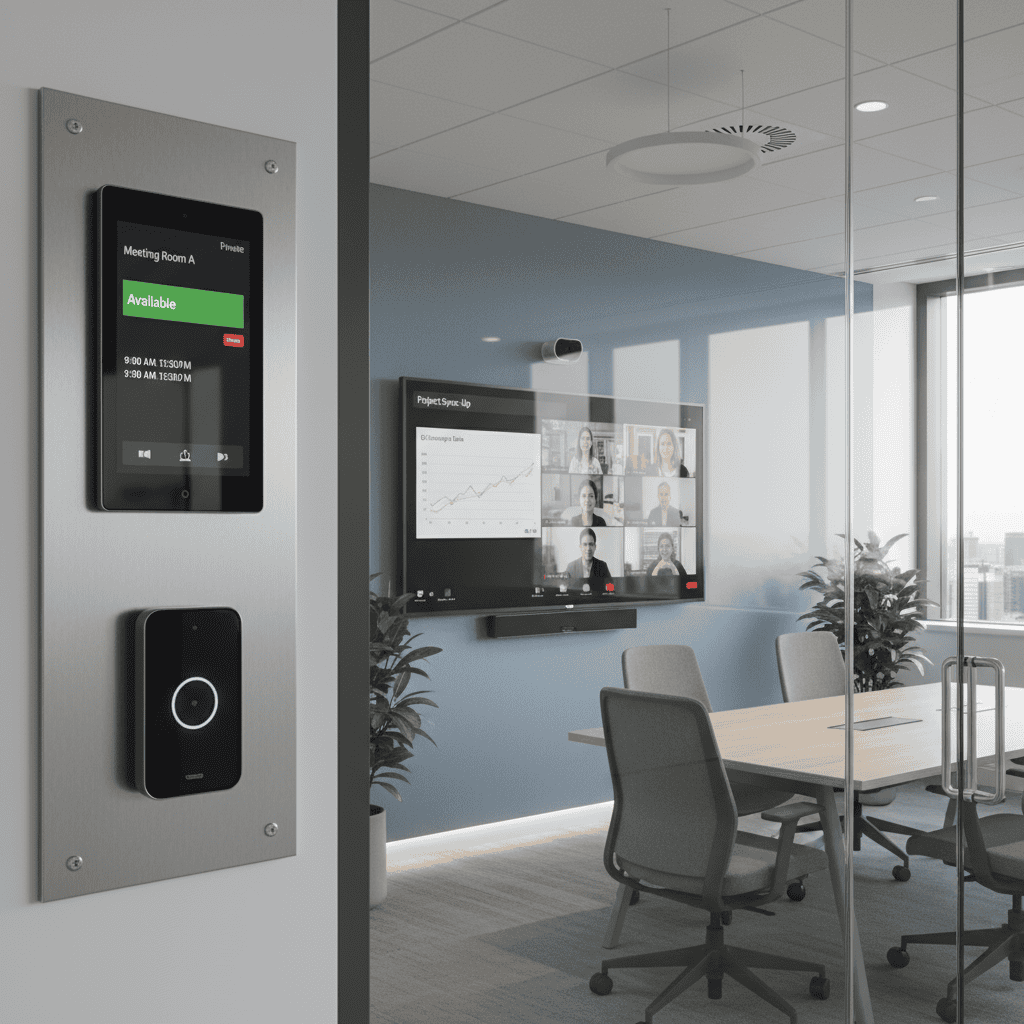8 Tips For Better Data Center Design

In response to the popularity of cloud computing, there’s a meme that says “the cloud is just somebody else’s computer.” While we think of a cloud as an ethereal structure floating above the earth, every computing cloud is a data center planted firmly on the ground. And when it’s time for your company to build your own data center, you need to consider the benefits and constraints of each physical design choice.
Can You Have Too Many Servers?
The architecture of the data center facility is based on real-world considerations that are anything but cloud-like. When planning a data center infrastructure, your goal should be to “right-size” it. Think through your current data center’s current responsibilities and overall business goals over the next five, ten, and 15 years. The better you can predict future demand for computing power and storage, the more realistic your data center design will be. Ideally you want to build a data center that fits within your budget and gives you room to add new server capacity or adopt newer technologies without new construction or remodeling.
Hot And Cold — Managing Power and Cooling
Most people only realize how much heat a computer makes when their laptop cooks their lap while doing a processor-intensive task. When you’re building a data center, the energy efficiency and cooling systems are critical to your long-term success. Overheating equipment breaks down faster, and data center downtime cost your operation between $5,600-$9000 per minute. Whether you’re using air-flow or a water-cooling system, cooling efficiency should be a primary concern in design. Every single rack in every single cabinet will generate heat. Not to mention that you need an HVAC system that can adjust for the human beings who work in your data center.
Data Center Power Consumption
Speaking of heating and cooling, all of that work requires electricity. A lot of it. During your planning, you’ll want to ensure you understand power requirements for your design. You’ll need to check to see if you can get sufficient electricity from the utility grid to power the building and then you need a cooling system to take all the excess heat out of it.
Understanding the energy requirements will also inform your backup generator needs. Given the importance of data centers on modern business, you should always plan for redundancy in your data center design.
Cables, Cables, and More Structured Cables
Data centers use miles of structured cabling to network the system and provide connectivity to the outside world. And more important than just planning for the volume of structured cables and secure routing, you need to think through cable management and how to give staff easy access for maintenance and upgrades. You also need to plan out how you plan to incorporate fiber optic cables into the necessary low-voltage copper cabling layout. Each type of structured cabling comes with its own benefits and practical considerations. Although fiber optics are fast replacing copper for data transfer, the most likely solution will blend the two technologies to balance cost and performance.

Racks Are Your Building Blocks
Of all the design decisions you will make when planning a data center, it’s useful to think of racks as the primary “unit” that you need to accommodate. This helps you to think through server density. For example, if you chose a 9-ft cabinet that can hold 58 rack units instead of the more common 7-ft cabinet that can only hold 45 rack units, you’ll have 29% better server density for the same floor space.
You Don’t Have To Sacrifice Performance For Sustainability
Running a data center is a resource hungry operation. While there are plenty of conventional equipment solutions to meet your needs, it’s smart to look for opportunities to minimize the environmental impact and energy footprint of your data center. Solar power generation and geothermal cooling can enhance the long-term viability of your building. You can also find ways to recycle water for maximum efficiency. If you’re put off by the idea that these systems will add unnecessary cost to your initial budget, it’s worth looking at how they can increase the self-sufficiency of your data center and help lower operating costs over time.
ISO 14001 is an internationally recognized standard for sustainability that might be a good fit for your data center. An ISO 14001 adds credibility to your operation and can help attract clients, even if you’re not in the business of renting out server space.
Give Your Operation Room To Grow
It doesn’t make any sense to build out lots of extra space that you don’t intend to fill with servers any time soon, but worse yet is building just enough space and discovering that demand exceeds capacity within a few years and you need to buy time at a colocation data center, or build an additional one. Of course, if you are able to install excess capacity and rent it to someone else, you can help defray your costs, but that’s not realistic for every business. So it’s wise to consult with your technology team. Evaluate current usage and project how that use will change over time. Unused floor space doesn’t have much of a carrying cost, so you can over-build on square-footage and wait to install servers until they’re needed. It will still take time and money to spin up the new capacity, but if current data trends are any indicator, the excess capacity will come online sooner rather than later.
Implementation Considerations
Data center construction is highly specialized. You need a partner who can think of racks as the basic building block and look for ways to cascade that constraint to every aspect of the architecture and operating strategy.
Think About Your Goals For Deployment Time
You’re not building a data center that you can turn on and forget about. You’re building an operation that can accommodate the finite life-cycle of the equipment and the rapidly changing technology that drives server usage and that supports that usage to begin with (i.e. consumers use the internet with their phones and computers, and servers themselves are getting faster and better all the time). It’s good to adopt a modular approach so that you can easily reconfigure, replace, and upgrade the data center as needed.
Specialized Experience Is A Must
If you’re going to invest resources in building a data center from scratch, you’re better off finding a partner who can help you build for the future. Data centers will only grow in importance and without a forward-thinking design and construction strategy, by the time you turn the lights and computers on, you’ll may be spinning up equipment that is on the verge of obsolescence.
You also need a partner that understands the best physical security systems in addition to planning for the computers that will run your cyber-security systems. Restricting unauthorized access is of crucial importance for your business. Human beings create vulnerability in your operation and a good security system can minimize that risk without creating unnecessary operational friction.
About i.e.Smart Systems
i.e.Smart Systems is a Houston, TX based technology integration partner that specializes in design and installation of audio/visual technology and structured cabling. For more than three decades, our team of in-house experts has partnered with business owners, architectural firms, general contractors, construction managers, real estate developers, and designers in the Houston market, to deliver reliable, scalable solutions that align with their unique goals.




